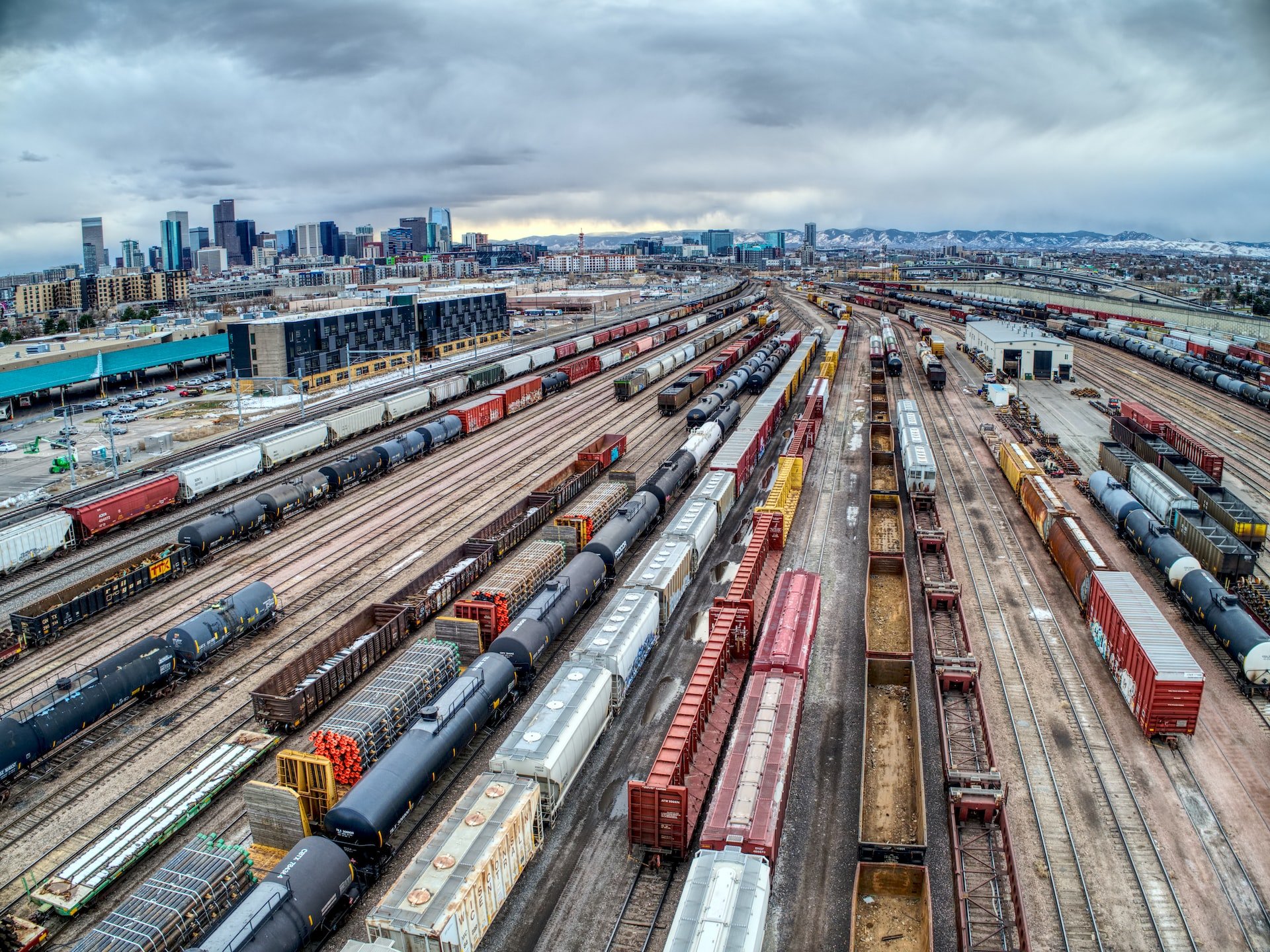The Federal Employers Liability Act (FELA) was passed by Congress in response to the inherent dangers of high-risk job fields like railroad work. It offers constitutional grounds for injured employees to obtain financial damages for injuries incurred as a result of a railroad carrier’s, its employees, or agent’s negligence (in whole or in part). In fact, FELA serves as the sole remedy available to injured railway workers demanding compensation from their employer for their injuries.
Read on to find out what FELA is all about and what responsibilities it bears for railroad businesses.
Table of Contents
What is FELA, or Federal Employers Liability Act?
The Federal Employers Liability Act (FELA), signed into law in 1908, provides crucial protections and rights and a path to monetary compensation for railroad workers who are injured on the job under federal law to ensure uniformity of safety measures in the workplace. FELA addresses both railroad businesses and their personnel to avoid accidents. It expressly exempts railroad workers from state workers’ compensation statutes, which would otherwise preclude a wounded worker from filing a lawsuit against his or her railroad employer. FELA, therefore, allows an injured employee to file a lawsuit in either federal or state court.
The FELA further decreases the injured employee’s burden of evidence by requiring only that the employee prove that his injuries were caused, in whole or in part, by the railroad’s negligence. Furthermore, if the railroad violates a safety statute or rule, Congress has imposed unlimited culpability without the requirement of proving negligence.
As a result of both the FELA’s pressure on the railroad sector and technical advancements, the railroad business has become a safer place to work in. However, working in the railroad business remains hazardous and prone to workplace injuries, and the FELA is the only safeguard if a railroad employee is wounded or killed.
Employer Responsibilities Under FELA
To ensure railroad workers’ safety, FELA establishes a variety of laws governing how railroad employers should always protect their employees from avoidable damage. Any railroad employer who fails to meet the FELA regulations may be held liable for damages if their negligence causes a job-related injury or illness.
Responsibility for Enforcing Safety Rules and Training Requirements
One of the most important responsibilities of railroad employers in Chicago and across the country under FELA is to ensure that their employees have the necessary information, tools, and equipment to execute work-related duties safely. To put it simply, railroad businesses must adhere to or exceed federal safety regulations for their industry, as well as adopt, maintain, and enforce extra workplace safety guidelines as needed.
Aside from that, railroad employers are obligated to provide or sponsor appropriate training for each employee based on his or her job duties. Finally, employers must examine work sites, including those owned by rail customers, to ensure that railroad personnel have a safe workplace and that any incidents that occur are investigated.
Under the FELA, Employers are Required to Address any Hazardous Working Conditions.
Safety standards can only accomplish so much to safeguard railroad workers if the working environment is inherently dangerous. As a result, railroad employers in the United States are required under FELA to evaluate work sites regularly for hazardous situations and either repair or warn workers regarding them as soon as feasible. Employers must also guarantee that workers have access to suitable and functional protective gear and that they use it when necessary to safely execute job-related duties.
Responsibility for Maintaining a Safe Working Environment
Employers in the railroad business must cultivate a safe working environment in addition to developing guidelines to ensure safe work procedures. In reality, this means establishing reasonable targets for daily work output so that staff is not pressured to participate in risky behavior solely to boost productivity. Railroads must give “adequate aid” when a single worker lacks the physical ability to safely complete a duty.
Furthermore, having a safe working environment frequently necessitates offering some level of protection against criminal activity. If a railroad worker is injured as a result of purposeful malicious behavior, he may be allowed to make a FELA claim. In this case, the claimant must demonstrate that their employer failed to take reasonable precautions, such as constructing fencing or keeping security guards, to prevent an occurrence like this from occurring. Failure to act in response to predictable injury may constitute carelessness, allowing for a FELA lawsuit.
Conclusion
The Locomotive Inspection Act (previously the Boiler Inspection Act) and the SAA (Safety Appliance Act) are railroad safety legislation that requires railroads to keep specific components of locomotives and railcar safety equipment free of defects.
When a railroad employee is hurt as a result of the railroad’s breach of a railroad safety act, the railroad is subject to “strict responsibility,” which implies that the railroad’s carelessness is established as a lawful matter. As a result, the railroad businesses are unable to mitigate the employee’s damages by relying on the employee’s alleged fault, and the railroad business will be held completely liable for the resulting injuries and damages.










